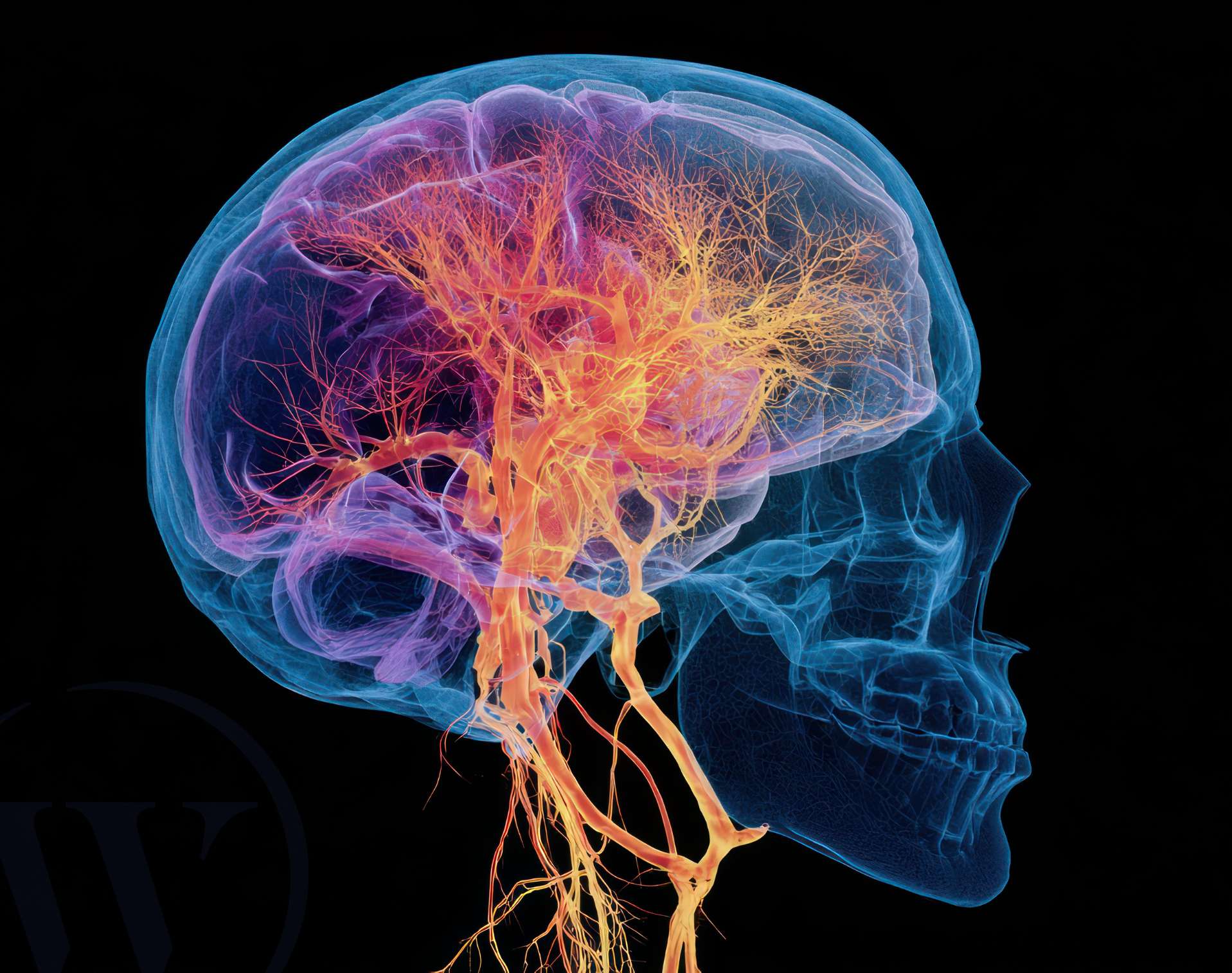Myasthenia gravis
Myasthenia gravis is a rare long-term autoimmune condition that causes fluctuating muscle weakness and fatigue, impacting daily activities such as speaking, swallowing, seeing, and moving the arms and legs.

What is myasthenia gravis?
Myasthenia gravis is a long-term autoimmune condition that causes fluctuating muscle weakness and fatigue. In most cases, the condition affects the muscles that control the eyes, face, and throat, leading to symptoms like drooping eyelids, difficulty swallowing, and speech problems.
Myasthenia gravis occurs when the immune system produces antibodies that interfere with the communication between nerves and muscles. Normally, nerve endings release a chemical called acetylcholine, which binds to receptors on the muscle and triggers muscle contraction. In myasthenia gravis, antibodies block or destroy these receptors, preventing normal muscle movement.
This condition can affect people of any age, but it’s most often diagnosed in women under 40 and men over 60. The condition affects around 15 in every 100,000 people in the UK.
At Welbeck, our neurology specialists provide expert assessment, diagnosis and treatment to help manage symptoms and improve quality of life, all within our dedicated Neurology centre.
What are the symptoms of myasthenia gravis?
The symptoms of myasthenia gravis can vary but often include muscle weakness that worsens with activity and improves with rest. Common symptoms are:
- drooping eyelids (ptosis)
- double vision (diplopia)
- difficulty swallowing (dysphagia)
- slurred or nasal-sounding speech
- weakness in the arms, legs or neck
- difficulty holding up the head
- trouble breathing in severe cases (myasthenic crisis)
What causes myasthenia gravis?
Myasthenia gravis is caused by an autoimmune reaction, where antibodies target acetylcholine receptors or related proteins at the junction between nerve and muscle.
Risk factors
Factors that increase the likelihood of developing myasthenia gravis include:
- having another autoimmune condition
- family history of autoimmune diseases
- presence of a thymus gland abnormality, such as thymoma (a tumour in the thymus)
How is myasthenia gravis diagnosed?
If you’re experiencing symptoms of muscle weakness, it’s important to see a neurologist. At your consultation, your specialist will take your medical history, ask about your symptoms, and perform a physical examination.
Diagnostic tests may include:
- blood tests to check for specific antibodies
- electromyography (EMG) to measure electrical activity in the muscles
- CT or MRI scans to check for a thymus gland tumour
- nerve conduction studies
- a special eye test to assess eyelid function
How to prevent myasthenia gravis
Currently, there’s no known way to prevent myasthenia gravis. However, early diagnosis and treatment can help manage symptoms effectively and reduce the risk of serious complications.
What complications can myasthenia gravis cause?
If not managed effectively, myasthenia gravis can lead to complications, such as:
- breathing difficulties (myasthenic crisis), which may require emergency treatment
- difficulties with speaking, swallowing and eating
- complications from thymus tumours
While complications can be serious, most people improve with treatment and regular monitoring by a specialist.
How to prepare for an at-home sleep study
There’s currently no cure for myasthenia gravis, but treatments can help control symptoms and improve quality of life.
Treatment options include:
- acetylcholinesterase inhibitors (such as pyridostigmine) to improve muscle strength
- corticosteroids and other immunosuppressive medicines
- monoclonal antibody therapy for severe cases
- plasma exchange or intravenous immunoglobulin (IVIG) in acute worsening
- thymectomy (surgical removal of the thymus gland) if a thymoma is present or in patients with positive acetylcholine receptor antibody under the age of 50 (or in select cases up to the age of 65)
How to prepare for an at-home sleep study
At Welbeck, our neurology specialists are experts in diagnosing and treating complex neurological conditions like myasthenia gravis.
With access to colleagues across other specialties, our consultants are also able to refer within the Welbeck ecosystem if required to ensure you receive the treatment you need as quickly as possible, all under one roof.
All appointments, testing, treatment, and follow-up appointments take place within our state-of-the-art facilities, enabling us to deliver accurate diagnostics and advanced treatments.
Book your private consultation
Your health is important to us, so we strive to offer same-day appointments whenever possible.
Our consultants are recognised by the major health insurance companies. If you have private health insurance, your treatment at Welbeck can begin once you have obtained authorisation. We also provide care to self-paying patients. Learn more about the different payment options at Welbeck.
Get in touch today to book an appointment.
FAQs
Is myasthenia gravis life-threatening?
Most people with myasthenia gravis can manage their symptoms well with treatment. However, in rare cases, breathing muscles may become severely affected, leading to a myasthenic crisis, which requires urgent hospital care.
Can myasthenia gravis go into remission?
Yes, some people experience periods of remission where symptoms improve or disappear. This may happen naturally or following treatment such as thymectomy.
Does myasthenia gravis affect life expectancy?
With modern treatments, most people with myasthenia gravis have a normal life expectancy, provided the condition is well managed.
Can lifestyle changes help manage symptoms?
Yes, pacing activities, getting enough rest, and avoiding known triggers such as stress, infections, or certain medications can help reduce flare-ups of symptoms.
What is myasthenia gravis?
What are the symptoms of myasthenia gravis?
What causes myasthenia gravis?
How is myasthenia gravis diagnosed?
How to prevent myasthenia gravis
What complications can myasthenia gravis cause?
What are the treatment options for myasthenia gravis?
Why choose Welbeck?
Book your private consultation
FAQs
